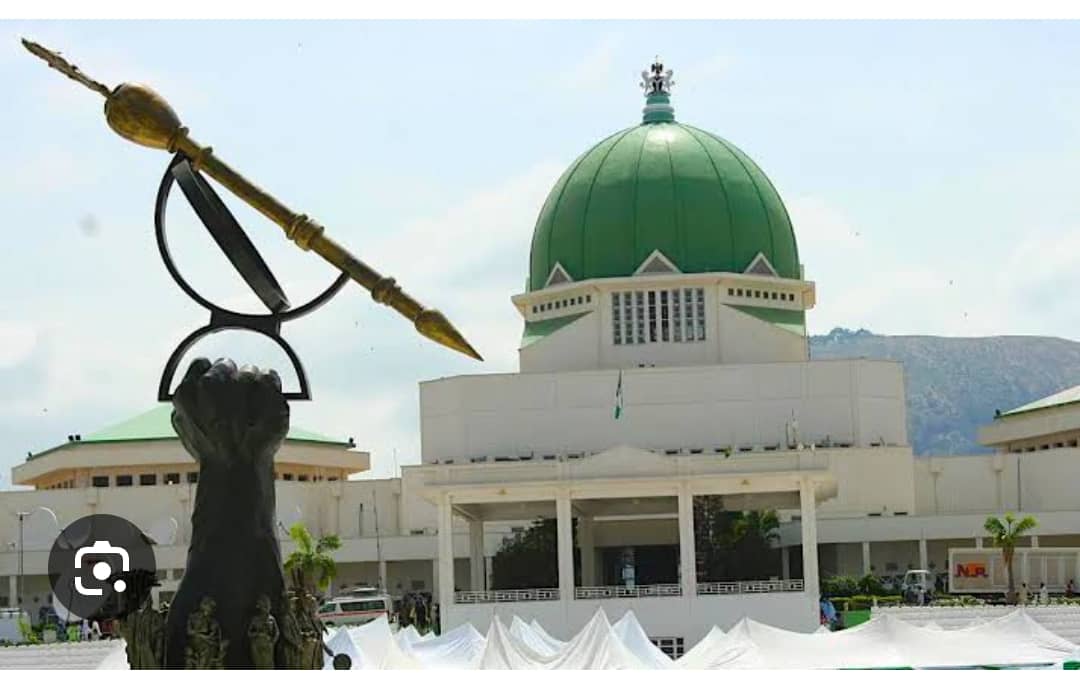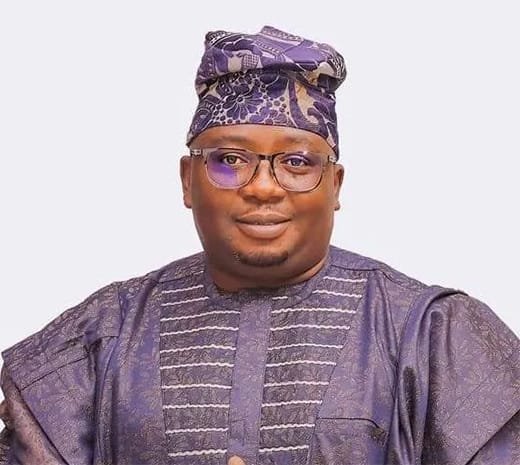The Kano State government has reportedly instructed all 44 local government areas in the state to contribute a total of N670 million for the repairs and purchase of new vehicles for the Emir of Kano, Muhammadu Sanusi II. According to a memo issued by the Ministry of Local Government, each local government area is expected to contribute N15,227,272.72. The directive, dated March 25, 2025, outlines the approval to repair two vintage vehicles and purchase four new ones for the Kano Emirate Council.
The memo, which was signed by Abubakar S. Dabo, Director of Local Government Inspection, reveals that the funds would be used for the restoration and acquisition of high-end vehicles for the Emir. Specifically, N25 million is allocated for the refurbishing of a 1993 Fleetwood Cadillac limousine and a 1998 Daimler D5 420. The purchase of new vehicles includes a 2024 Toyota Hilux pickup for N98 million, a 2024 Toyota Hiace Bus for N98 million, a 2024 Toyota Land Cruiser VXR for N268 million, and a 2024 Toyota Prado for N156 million. The approval for these expenditures comes from the State/Local Government Joint Account, with the expectation that all local governments will comply with the directive. A company called Sottom Snergy Resources Ltd has already been contracted to handle the restoration and supply of the new vehicles.
The allocation of such a significant sum for the Emir’s vehicles has sparked widespread criticism, particularly as many residents in Kano are dealing with ongoing infrastructural challenges. Alhaji Alhassan Yaryasa, a chieftain of the All Progressives Congress (APC), has condemned the expenditure, calling it a “misplacement of priorities.” He argued that the government’s approval of such large funds for luxury vehicles comes at a time when basic needs, such as water supply, education, and healthcare, are severely underfunded in the state. Yaryasa highlighted that many parts of Kano, including the state capital, are experiencing water scarcity, and that education and healthcare sectors have long been neglected. He criticized the decision to prioritize the Emir’s fleet over essential services, arguing that such a significant sum should be diverted to address the state’s pressing needs. “This is a complete wasteful expenditure,” Yaryasa said. “The Emir does not need new luxury cars while the masses suffer. The residents of Kano will not forgive this misuse of public funds.”
A palace official, speaking under the condition of anonymity, confirmed that the directive and the funds were legitimate. The official revealed that efforts are already underway to bring in the vehicles and begin the restoration of the vintage cars. The palace has also acknowledged the repairs and the purchase of new vehicles as an important matter for the Emirate Council. However, the focus on luxury vehicles has overshadowed concerns about the state’s overall budget allocation for social services and the wellbeing of the residents.
The controversy surrounding this directive is likely to impact Governor Abba Yusuf’s political standing. Given the widespread outcry, particularly from opposition figures and local activists, there are calls for the governor to reconsider the decision and reallocate the funds to sectors such as healthcare, education, and infrastructure. This issue reflects a broader political debate on the allocation of state resources, especially in a time when the public is more attuned to the government’s spending priorities. While the Emir of Kano holds significant cultural and traditional influence, this expenditure could be seen as politically unpopular, especially if it continues to divert funds from essential services.
The Kano State government’s decision to allocate N670 million for the Emir’s vehicles comes at a time of political and economic uncertainty, where many residents are facing hardships in accessing basic services. The funds, which will go towards the repair and purchase of high-end vehicles for the Emir, have drawn criticism for their prioritization over critical sectors like education, healthcare, and water supply. The controversy over this decision highlights the tension between luxury spending for traditional institutions and the dire needs of the general public in the state.







